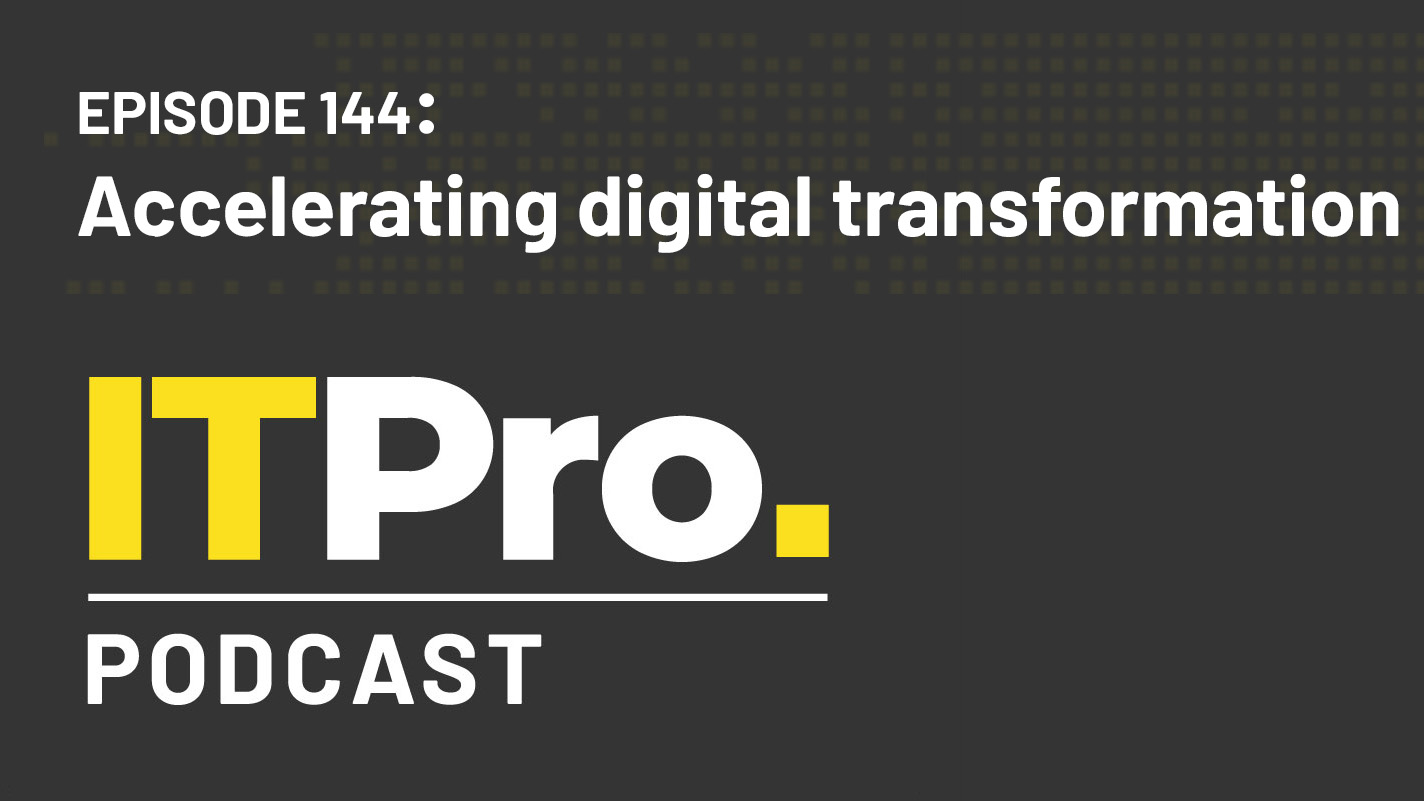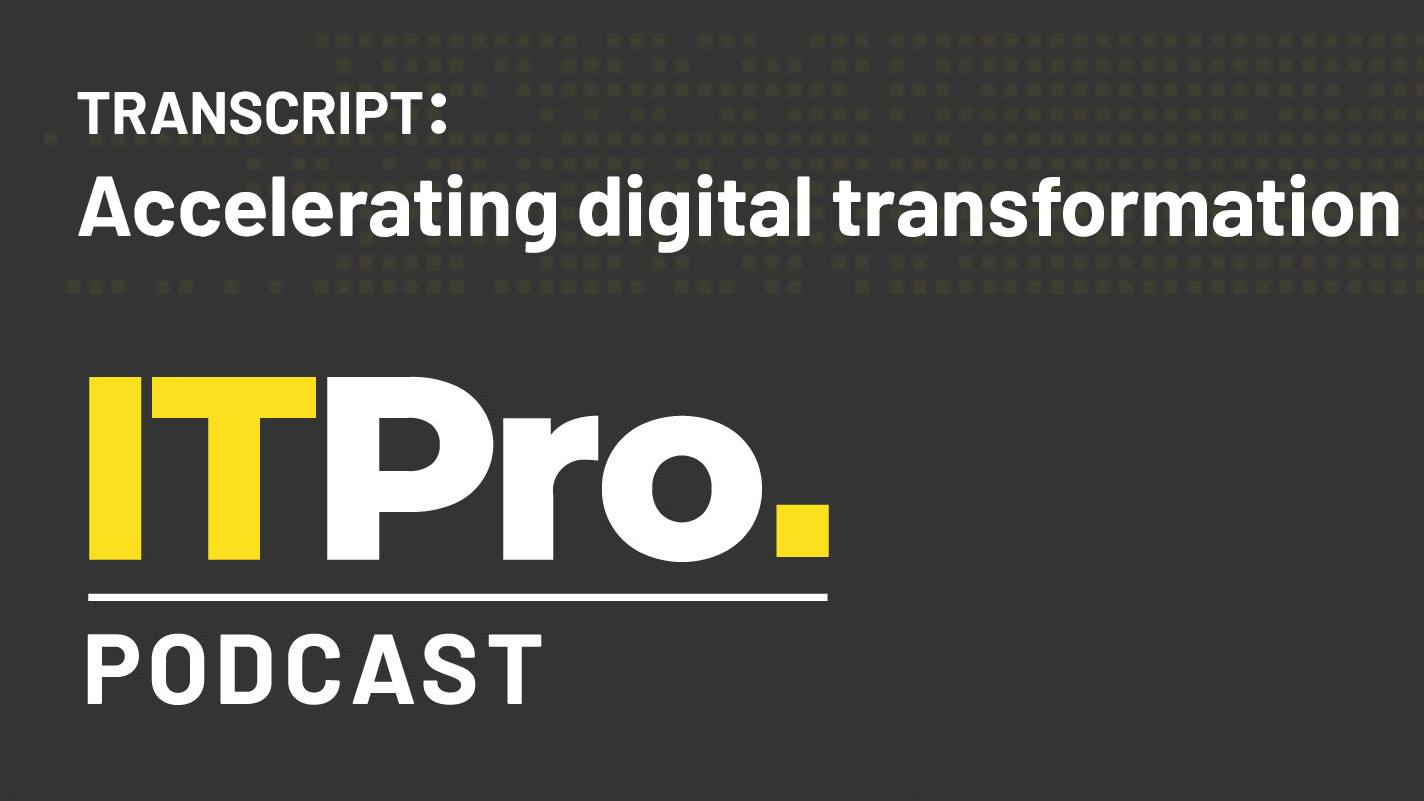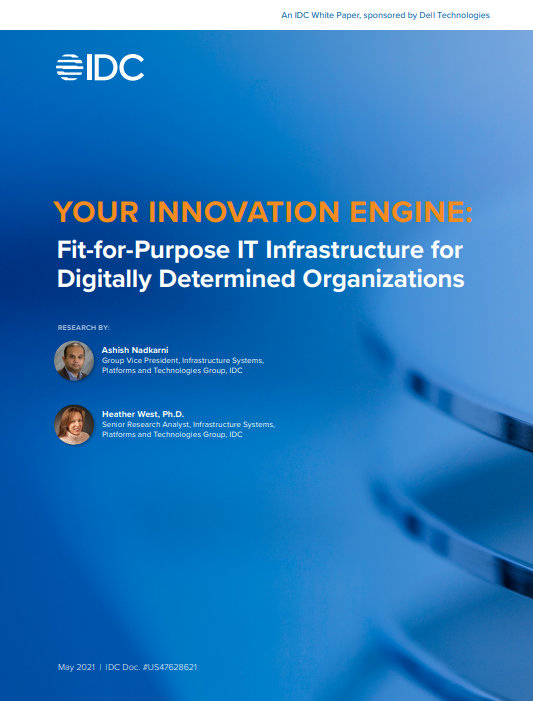Banking CIOs dismiss blockchain's potential in Gartner survey
Analytics, AI and cloud services are financial services' top priorities

Blockchain is not a priority for CIOs working in financial services, who ranked 19 technologies above it in Gartner's latest survey of industry IT leaders.
Despite vendor marketing hype around the transaction-tracking public ledger technology, which underpins Bitcoin, banks do not appear to view it as a business differentiator.
Oracle, IBM and Microsoft all have blockchain offerings, and many have talked up the tech's potential to speed up financial transactions by removing manual processing, and Gartner itself has predicted that a blockchain-based business would be worth $10 billion by 2022.
However, the 347 banking and investment services CIOs Gartner surveyed appear to view the technology rather differently, ranking it 20th in their list of differentiation priorities in Gartner's 2018 CIO Agenda Survey, with automation (ranked ninth), cloud services (ranked fifth) and AI (ranked fourth) deemed far more important.
"Despite the attention and visibility [of blockchain], it is not yet seen as a differentiating technology for banks. That may change in the near future," Gartner noted in its news release for the research, which collected responses from 3,160 CIOs across 98 countries.
Instead, banking CIOs are increasingly focused on BI and analytics to initiate digital transformation projects, with 26% of respondents calling it their top priority in differentiating their business.
Modernising legacy applications came sixth in banking CIOs' list of differentiation priorities.
Sign up today and you will receive a free copy of our Future Focus 2025 report - the leading guidance on AI, cybersecurity and other IT challenges as per 700+ senior executives
"These priorities point to a continuing tension between two opposing forces," said Pete Redshaw, managing VP at Gartner. "On the one hand, there is a need to rapidly transform the business, while, on the other hand, there is the innate inertia that arises from a huge IT estate that supports a heavily regulated industry."
IT leaders in higher education also identified BI and analytics as their most-pressing priority to differentiate themselves, with 23% ranking it top, ahead of ERP and CRM, the last of which plays an important part in student enrolment and retention. Digital transformation came fifth, but in terms of spending priorities, digitalisation only ranked eighth.
"This may be because higher education is among the least digitised industries," said Jan-Martin Lowendahl, vice president and distinguished analyst at Gartner. "The average higher education institution has a large backlog of digital enablement before it can even can think about digital transformation."
Picture: Bigstock
-
 Trump's AI executive order could leave US in a 'regulatory vacuum'
Trump's AI executive order could leave US in a 'regulatory vacuum'News Citing a "patchwork of 50 different regulatory regimes" and "ideological bias", President Trump wants rules to be set at a federal level
-
 TPUs: Google's home advantage
TPUs: Google's home advantageITPro Podcast How does TPU v7 stack up against Nvidia's latest chips – and can Google scale AI using only its own supply?
-
 Protecting CIOs' IT budgets is "paramount" in maintaining business growth
Protecting CIOs' IT budgets is "paramount" in maintaining business growthNews If CIOs are forced to make emergency budget cuts, they should also explain the risks to high level stakeholders so the responsibility is shared
-
 The IT Pro Podcast: Accelerating digital transformation
The IT Pro Podcast: Accelerating digital transformationIT Pro Podcast Implementation is just as important as the value of change
-
 Podcast transcript: Accelerating digital transformation
Podcast transcript: Accelerating digital transformationIT Pro Podcast Read the full transcript for this episode of the IT Pro Podcast
-
 Fit-for-purpose IT infrastructure for digitally determined organisations
Fit-for-purpose IT infrastructure for digitally determined organisationsWhitepaper Your innovation engine: Guiding organisations through change in the new digital economy
-
 IT Pro News in Review: CIOs face a challenge, Ofcom's telecom fines, Apple expands Xcode
IT Pro News in Review: CIOs face a challenge, Ofcom's telecom fines, Apple expands XcodeVideo Catch up on the biggest headlines of the week in just two minutes
-
 CIO role has 'drastically changed' over last 24 months, says Lenovo
CIO role has 'drastically changed' over last 24 months, says LenovoNews Globally survey suggests chief information officers have greater influence over their company now the role has expanded beyond technology
-
 How can CIOs help to close the tech skills gap?
How can CIOs help to close the tech skills gap?In-depth The most well-equipped IT leaders can take a number of practical steps to close the divide within their organisations
-
 What is a virtual CIO (vCIO) and does your business need one?
What is a virtual CIO (vCIO) and does your business need one?In-depth With tech skills in short supply, organisations are turning to temporary expertise to see through critical digital transformation projects